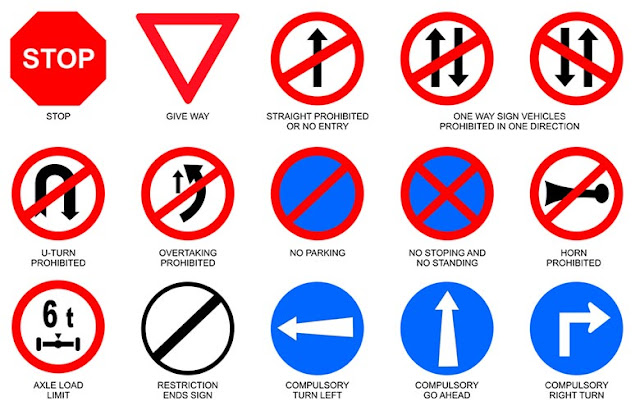Very Car Cheap Insurance UK
Not only can our car insurance give you the reassurance of extensive cover, but you’ll also get a great service when you need us most. So with our optional no claim discount protection, if you make a claim after an accident, your premium will not increase next year and you won’t lose your no claim discount. ** And our team are available 24/7, 365 days a year if you need to make a claim. Plus, monitor your driving with our free app, Aviva Drive and safer drivers who score over 7.1 could save an average of £150 on our comprehensive car insurance – a saving which we expect 44% of safer drivers to get.
Focus on your existing car trade-in value separately possibly as an after effort once you have completed the negotiations around the new vehicle. Ideally you want to sell your current car completely outside of the negotiation with the dealership at which you are buying from. Unless you are an expert the more elements you enter a negotiation on the more likely you are to end up losing out. Think about entering into negotiations with sales people as playing at a casino, you might get lucky once but the longer you play the more likely the scales will tip in their favor, this theory in fact goes a little furthering that every time you engage with a salesperson you are in danger of losing out. While you might be at risk of lowering your guard on a courtesy call or call to see how your weekend went they will, at all time, be driving their agenda!
http://www.aviva.co.uk/car/ - Very Cheap Car Insurance in UK
![Motor Vehicles Act [1988] Motor Vehicles Act [1988]](https://blogger.googleusercontent.com/img/b/R29vZ2xl/AVvXsEjPSPT9jXJl1uH4RBMCihUUpHLoRKn-b5eDoLaXruoq-r3rHmb2v45ulev27m7Mxbi_tGm1B4PxOyn1ScBeZMDcvC8DKYDT9-7CK19auiDXqT22c48cd9RRtT0RulFGdLFpzvcN5jtQPEac/s400/The+Motor+Vehicles+Act%252C+1988.png)


